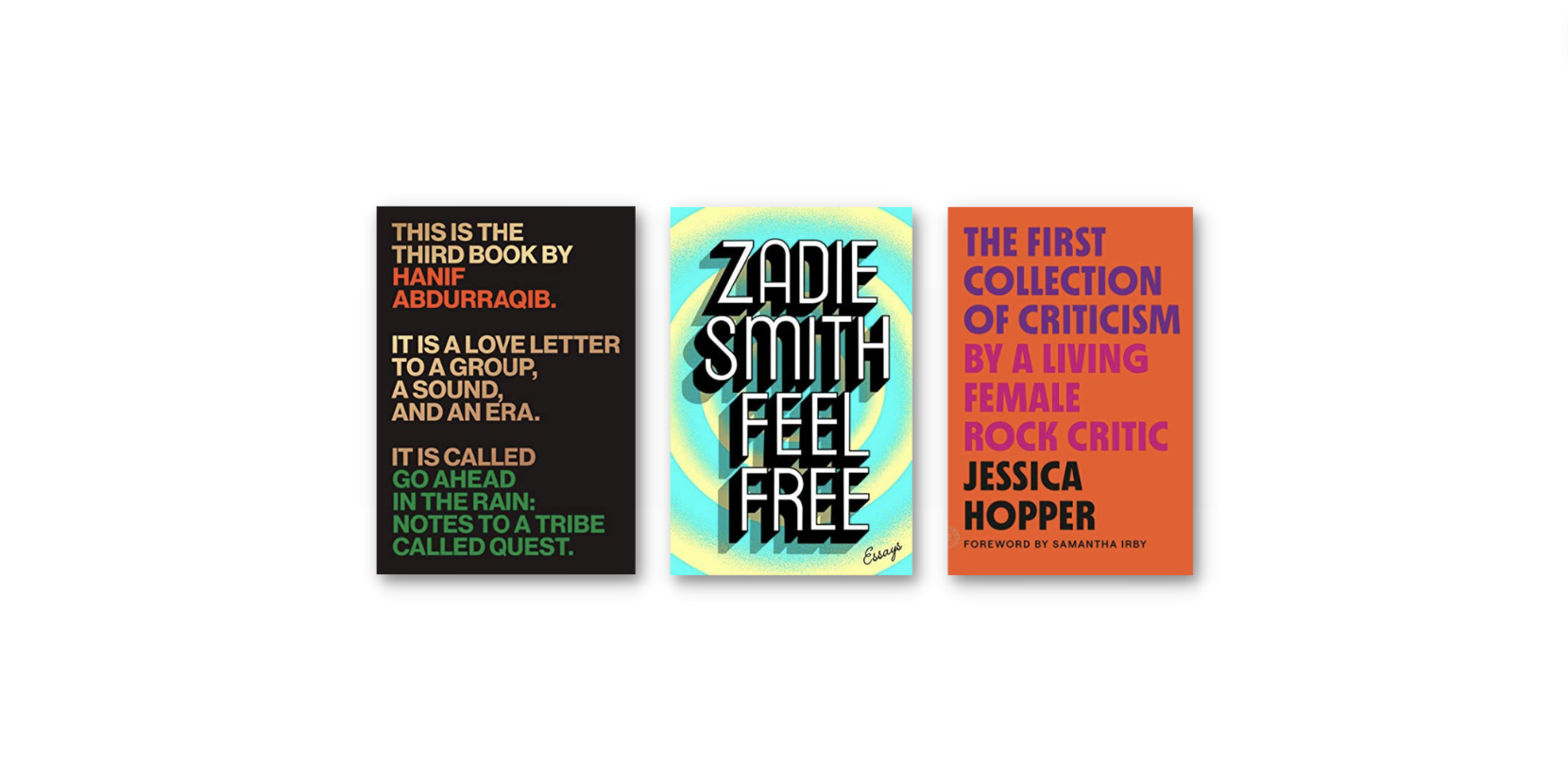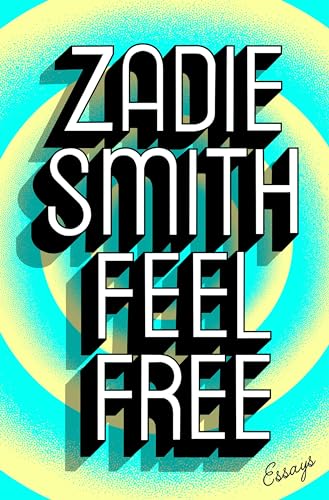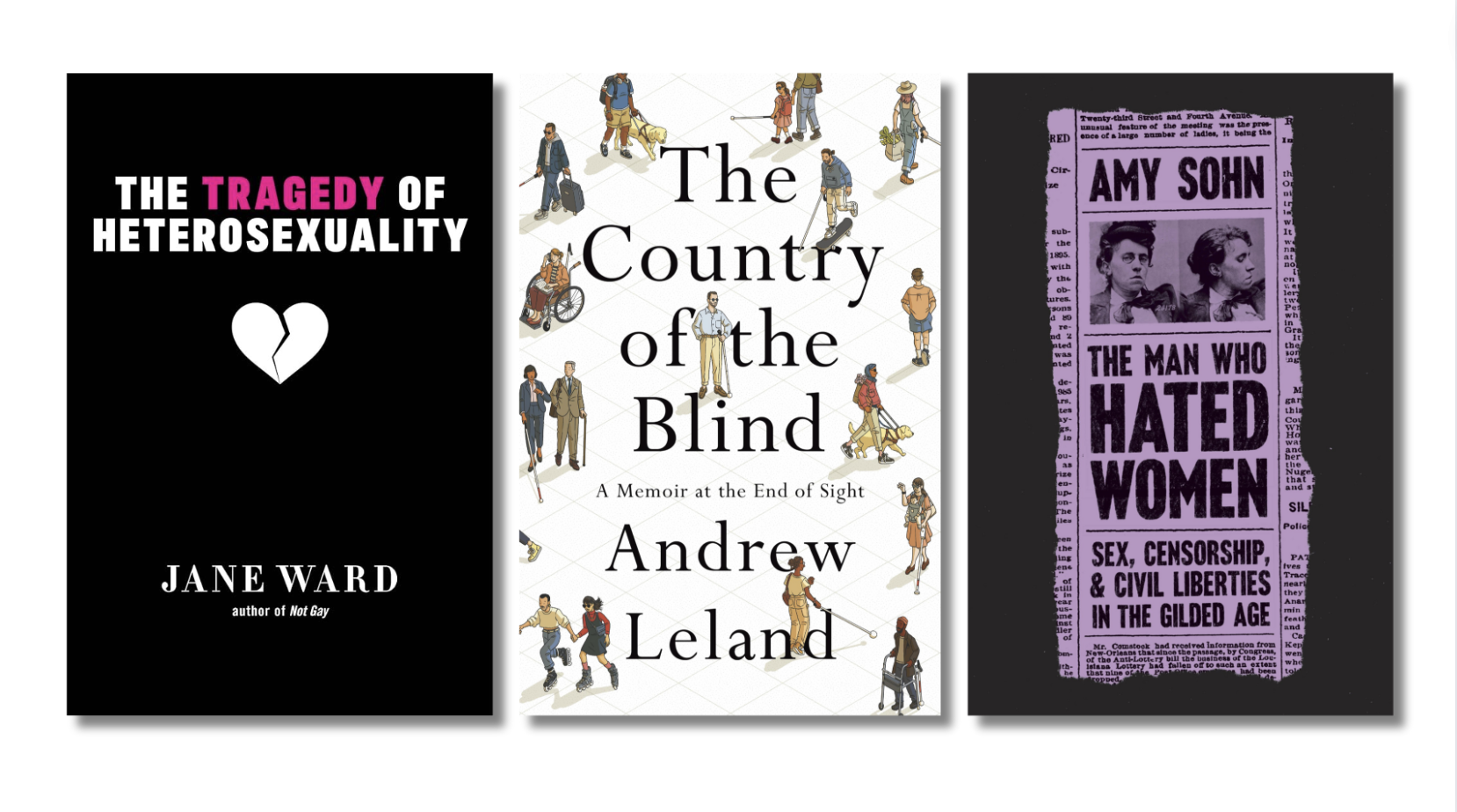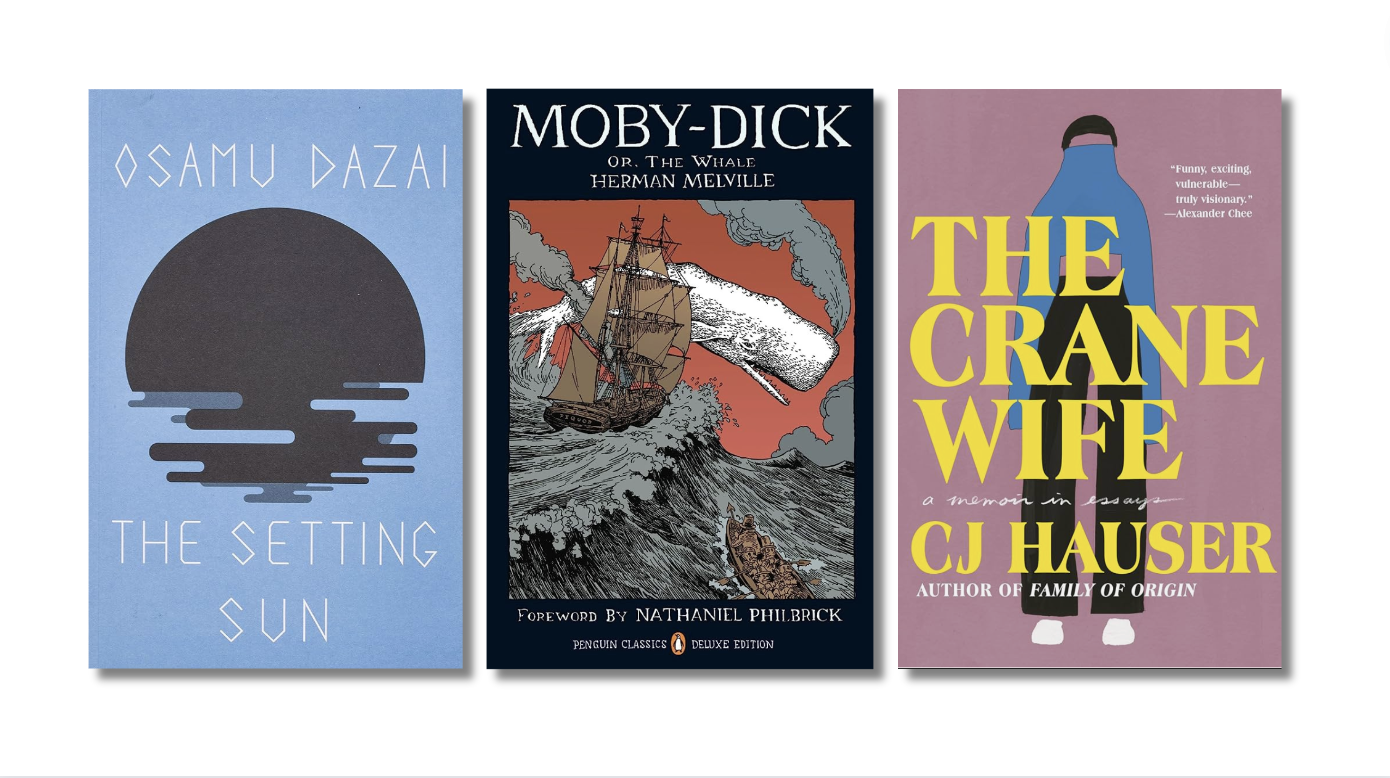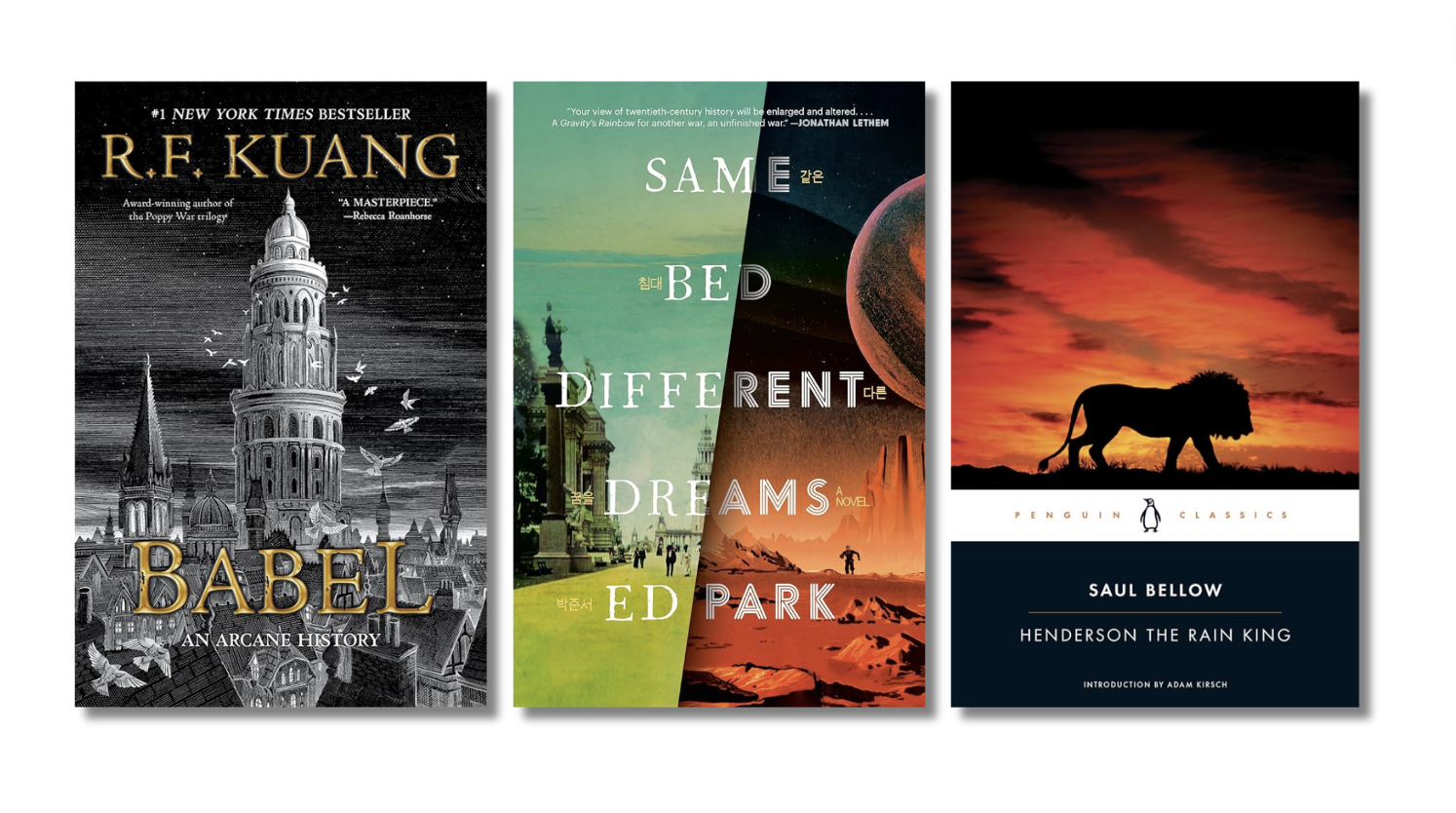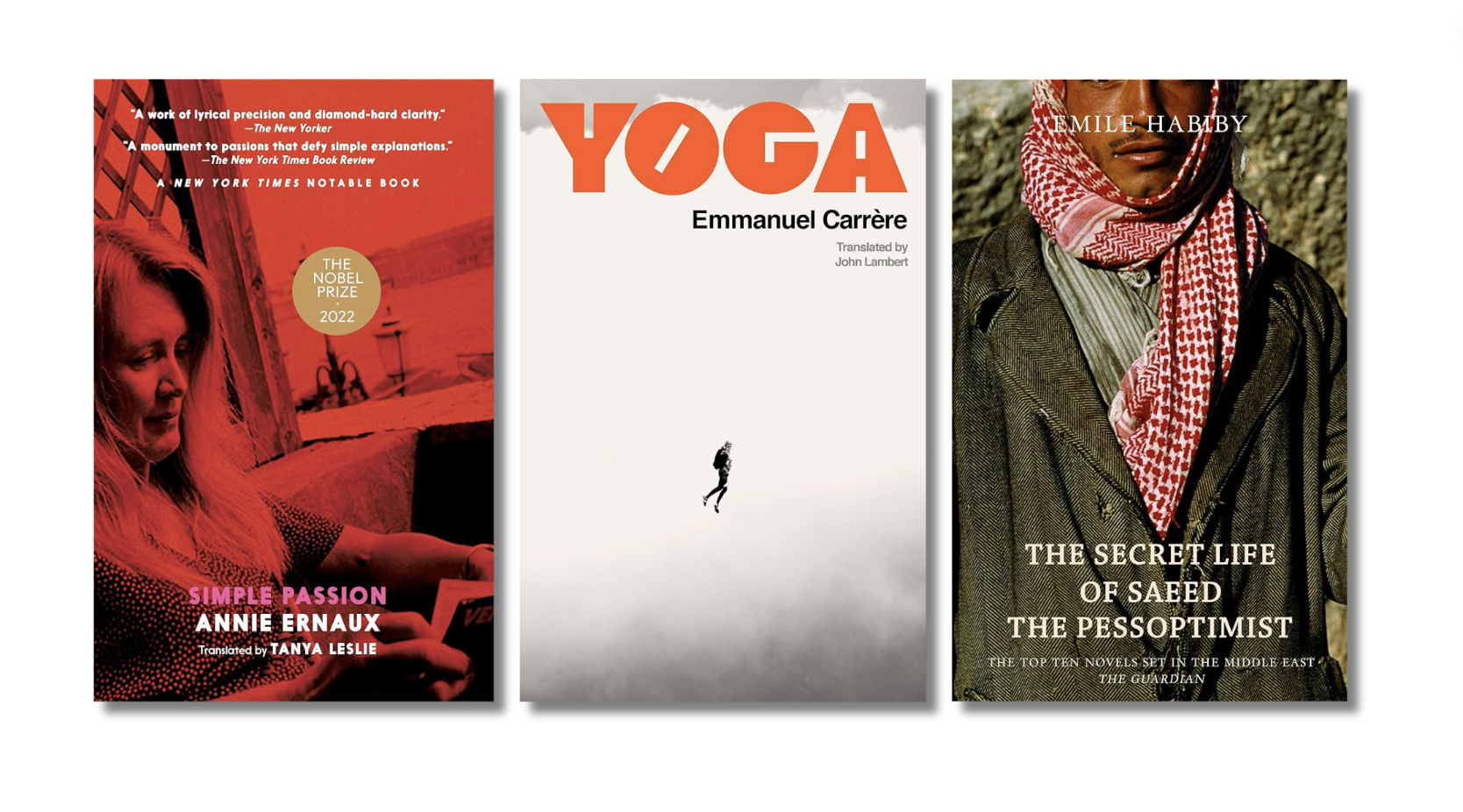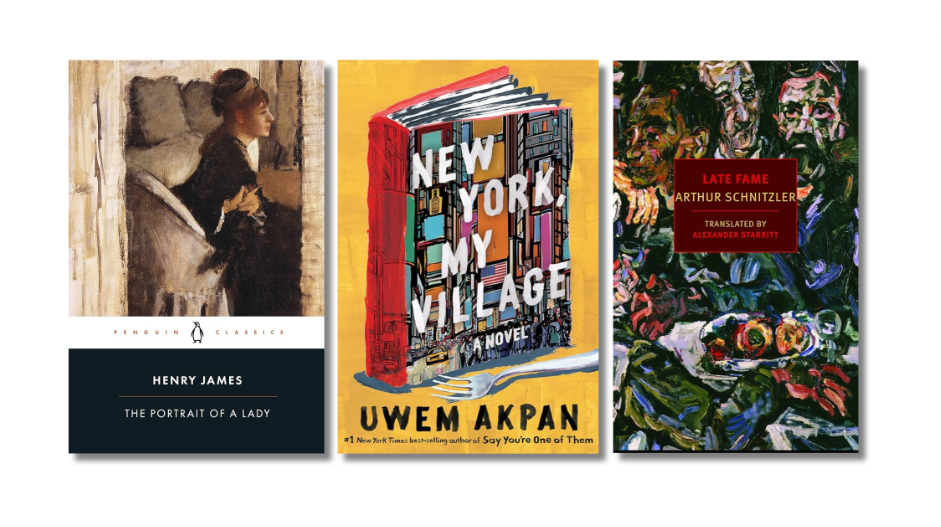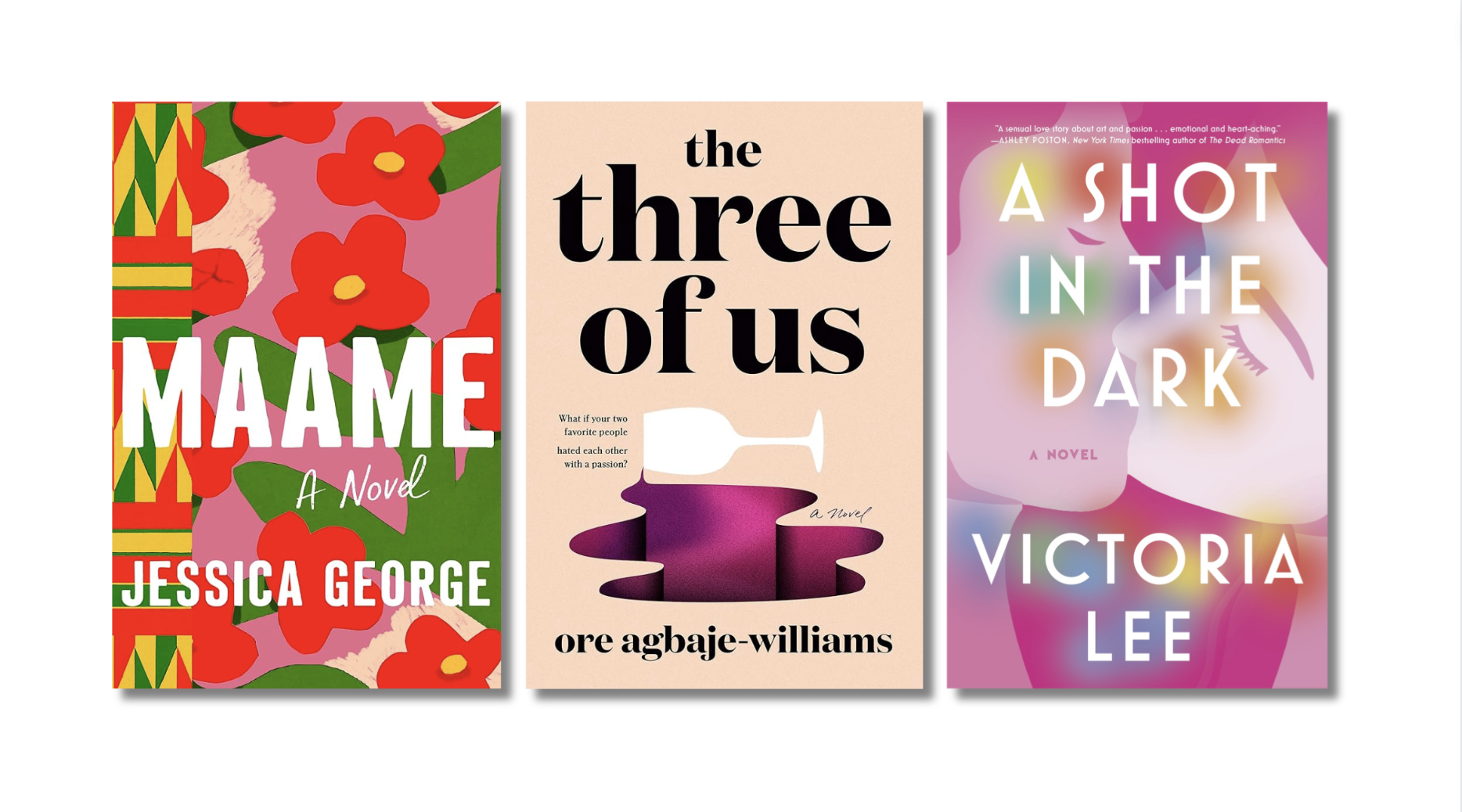I just finished writing a book-length work of criticism—which sounds a little chilly but feels plenty hot to me. I’ve always loved critical writing. From the time I was a teenager, I read critics compulsively, especially Pauline Kael—I was looking for that strangely satisfying little jolt of recognition that came when she described something I’d felt. The critics I love don’t write from on high—they don’t flex their authority. Instead they rest easy in their own subjectivity. Like the great Greg Tate, who passed away last December, they understand and celebrate the fact that they are writing from a specific point of view.
 This year I reread—pored over, in fact—several books of criticism that are as familiar to me as friends, starting with The First Collection of Criticism by a Living Female Rock Critic by Jessica Hopper, first published in 2015 and reprinted in a gorgeous expanded edition in 2021. Hopper’s work does everything I want critical writing to do: I mean, you can tell from the title that the book is going to be brilliantly smart and funny. But it’s also intimate. The stakes for Hopper are high, emotionally speaking. My daughter has a copy of the first edition that she read over and over when she was in high school, and it’s battered and torn and marked on every page. It’s a talisman that saw her through the rough waters of teenagerdom and told her about other ways to live. This is the highest job of criticism.
This year I reread—pored over, in fact—several books of criticism that are as familiar to me as friends, starting with The First Collection of Criticism by a Living Female Rock Critic by Jessica Hopper, first published in 2015 and reprinted in a gorgeous expanded edition in 2021. Hopper’s work does everything I want critical writing to do: I mean, you can tell from the title that the book is going to be brilliantly smart and funny. But it’s also intimate. The stakes for Hopper are high, emotionally speaking. My daughter has a copy of the first edition that she read over and over when she was in high school, and it’s battered and torn and marked on every page. It’s a talisman that saw her through the rough waters of teenagerdom and told her about other ways to live. This is the highest job of criticism.
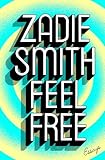

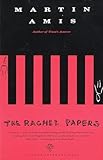 Other favorites I revisited: Zadie Smith’s critical essays, most especially “Some Notes on Attunement,” her astonishing “voyage around Joni Mitchell.” It’s an essay as much about hate as it is about love, but either way it takes the emotional experience of listening with great seriousness and tenderness and humor. (And let’s face it, Joni elicits strong emotions.) And I reread for the umpteenth time Martin Amis’s collection Visiting Mrs. Nabokov. I’m not a fan of Amis’s fiction (except The Rachel Papers—written, I suspect, before he took himself too seriously). Paradoxically, his novels seem to me too bound by concepts, while his criticism is more relaxed, freer, and in some ways deeply imaginative.
Other favorites I revisited: Zadie Smith’s critical essays, most especially “Some Notes on Attunement,” her astonishing “voyage around Joni Mitchell.” It’s an essay as much about hate as it is about love, but either way it takes the emotional experience of listening with great seriousness and tenderness and humor. (And let’s face it, Joni elicits strong emotions.) And I reread for the umpteenth time Martin Amis’s collection Visiting Mrs. Nabokov. I’m not a fan of Amis’s fiction (except The Rachel Papers—written, I suspect, before he took himself too seriously). Paradoxically, his novels seem to me too bound by concepts, while his criticism is more relaxed, freer, and in some ways deeply imaginative.
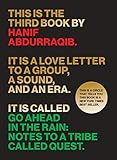 I’ve turned again and again to the work of Hanif Abdurraqib, especially his book Go Ahead in the Rain, which is devoted to the music and the era of A Tribe Called Quest. Abdurraqib circles the band (another voyage around, to use Zadie Smith’s good phrase), simultaneously tightening his focus and opening up his book to let the rest of the world flow in. He describes trying to play the trumpet as a kid, and the odd delight he took in reading music: “As someone who found joy in reading, to read and unravel notes of music was a pleasure for me.” In many ways, that’s what his book does: reads and unravels the music he loves.
I’ve turned again and again to the work of Hanif Abdurraqib, especially his book Go Ahead in the Rain, which is devoted to the music and the era of A Tribe Called Quest. Abdurraqib circles the band (another voyage around, to use Zadie Smith’s good phrase), simultaneously tightening his focus and opening up his book to let the rest of the world flow in. He describes trying to play the trumpet as a kid, and the odd delight he took in reading music: “As someone who found joy in reading, to read and unravel notes of music was a pleasure for me.” In many ways, that’s what his book does: reads and unravels the music he loves.
 Ending my year, arriving as if I had personally placed an order with its author, comes Dickens and Prince, Nick Hornby’s pitch-perfect short book about two geniuses. Hornby, too, writes not as an authority but as a human in the grip of his own enthusiasms—and as an artist himself. Explaining the raison d’être for a book about these two particular men, he writes, “I yoked them together in my mind at that moment because they are two of what I shall have to describe, for want of a more exact term, as My People.” Here, as in all the best criticism, there’s an urgency, a kind of love, and perhaps even an anxiety on the part of the critic: I need this art I’m writing about. I don’t know what I’d be without it.
Ending my year, arriving as if I had personally placed an order with its author, comes Dickens and Prince, Nick Hornby’s pitch-perfect short book about two geniuses. Hornby, too, writes not as an authority but as a human in the grip of his own enthusiasms—and as an artist himself. Explaining the raison d’être for a book about these two particular men, he writes, “I yoked them together in my mind at that moment because they are two of what I shall have to describe, for want of a more exact term, as My People.” Here, as in all the best criticism, there’s an urgency, a kind of love, and perhaps even an anxiety on the part of the critic: I need this art I’m writing about. I don’t know what I’d be without it.
